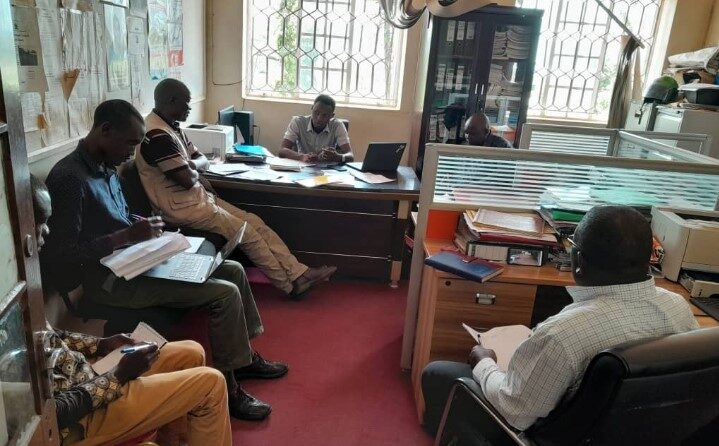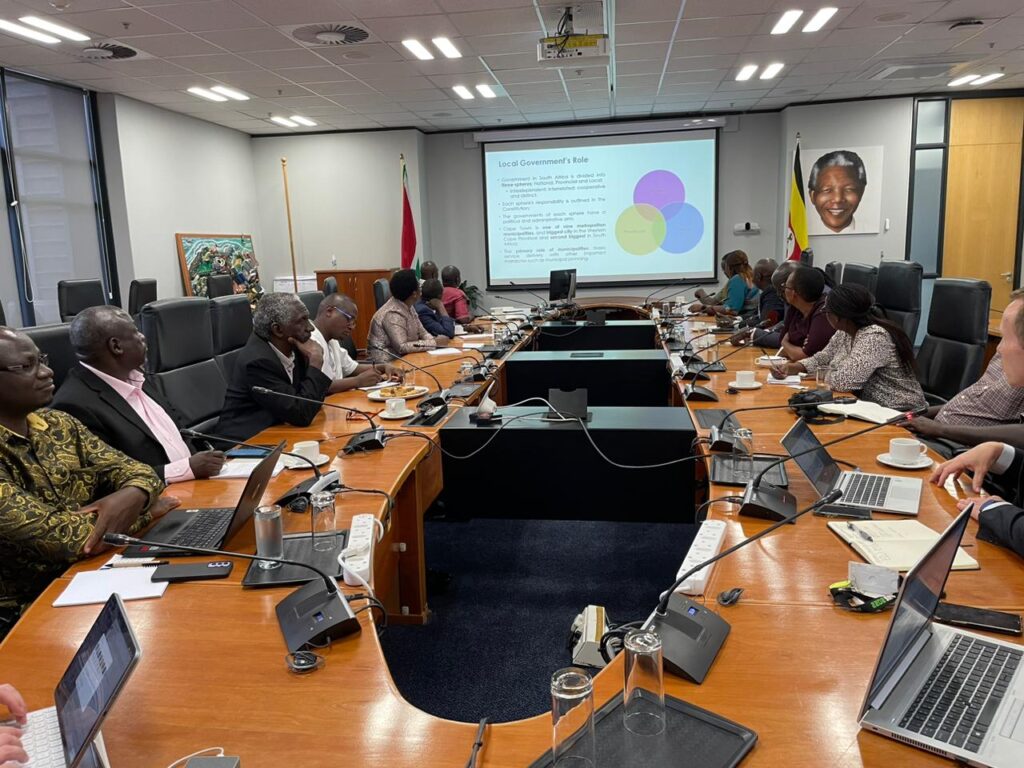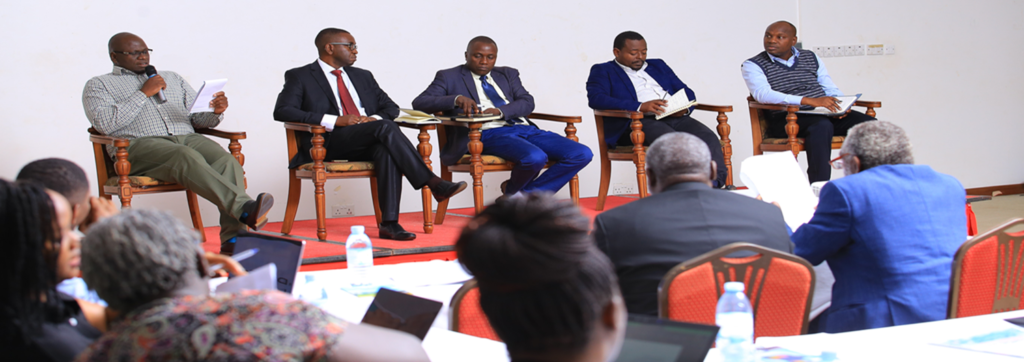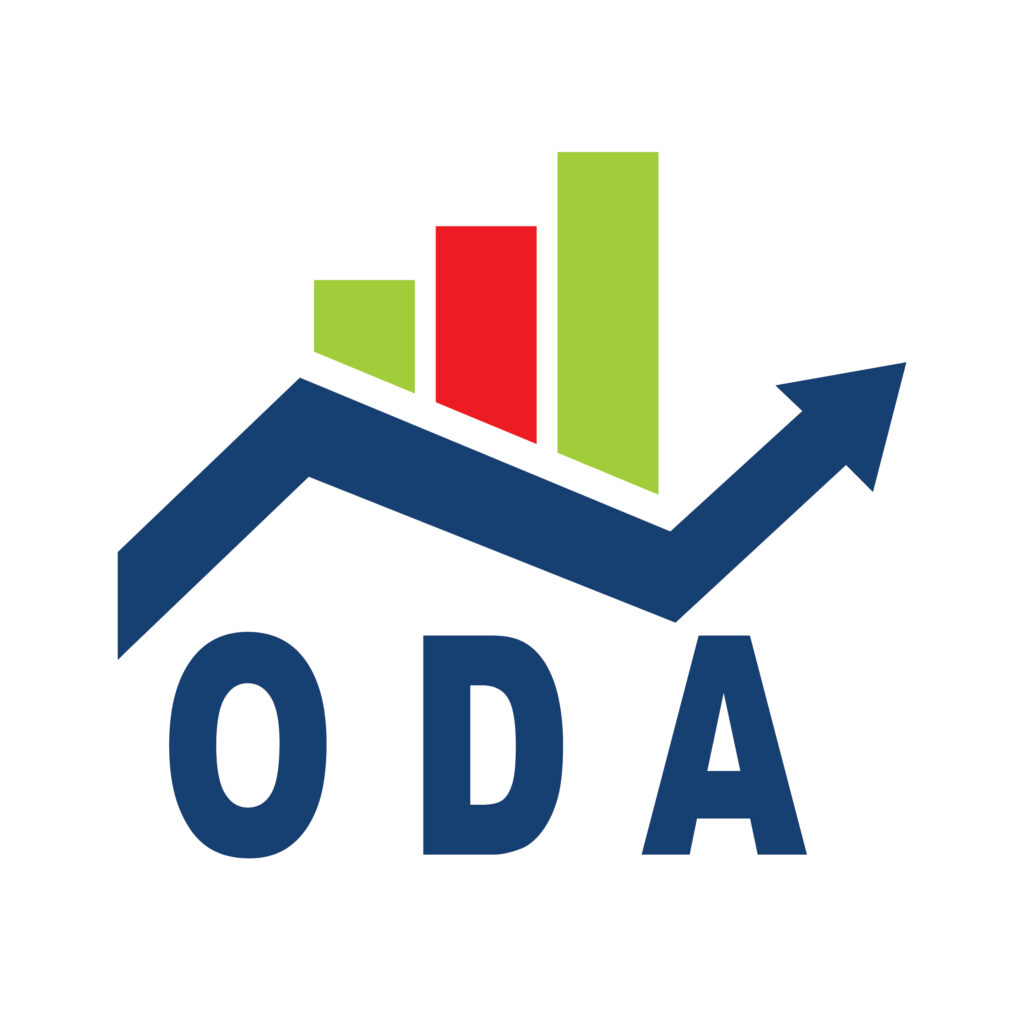Since June 2022, ODA (an initiative of ToroDev and UNIRI) has been involved in studying the current status and future needs of urban data governance in Uganda’s 10 new cities, with support from the Hewlett Foundation. In October 2022, some government agencies/partners (UBOS and MoLG) came on board to support these efforts. This study is a pioneer project under our five years (2022 – 2026) program strategy on ” Data & Evidence Use for Sustainable Urban Governance“. Since June 2022, our research team led by Prof. Dr. Moses Muhumuza, has interacted with several stakeholders in the data governance field in Uganda. They include among others, Ministries, Departments and Agencies (MDAs) of government, international and national NGOs and CSOs working in Uganda, UN Agencies and other development partners, regional (East African) CSOs, the private sector (PSFU and Telecoms), among others. Below are some of the preliminary lessons we are learning from this initial project – that mostly likely will inform our next key interventions in the Uganda’s new cities until 2026;
1. Most of Data Governance Interventions are concentrated at International and National Levels: ToroDev, ODA and other partners are learning that much of work on data governance in Uganda has been concentrated at the international (Africa and global) and national level interventions and some work in the Kampala capital city (data protection awareness and advocacy, translation of audio data into other languages, etc.), with a dearth of similar work spread in the other urban settings countrywide. However, this work now needs to be expanded to other new cities. The question is, how much resources and other synergies does it require? Which CSOs and other state agencies can collaborate to lead this process and what strategies need to be put in place?
2. CSOs efforts in data production not adequately recognized in Uganda’s national data system: CSOs are playing a big role in data production, but the uptake of such resources into Uganda’s national statistics system is limited. Formalization of a quality assurance framework by UBOS and other stakeholders that can regulate uptake of CSOs or citizens’ generated data (CGD) is long overdue. Also, the goodwill of CSOs in data production for sustainable development, including efficient urbanization need to be urgently embraced by the government, since such organizations access a sizable amount of resources that can supplement limited public resources.
3. Too many stand-alone data systems by MDAs with limited interoperability: MDAs desire new cities to centralize and/or streamline their data systems and governance frameworks, yet each of these MDAs is inclined to deploy their own separate system platforms to collect and process data resources for their own use. The question is, can the same MDAs accept to integrate their different standalone systems into a single platform for effective and efficient data sharing? Can these MDAs currently working with cities agree to standardize data collection methods and tools to be used at city level? Can they agree to formulate a harmonized/integrated urban data governance framework for all cities in Uganda?
4. Uganda’s new cities need to profile unique ninches through dedicated data production strategies: Largely, this study also revealed that new cities were involved in collecting administrative data dictated by system requirements of the line MDAs. Initiatives like profiling contextual datasets and/or information that articulate each city’s specific niches was lacking. The Uganda Vision 2040 and the National Development Plan II and III give context of the need for elevation and/or creation of new cities in the country. Some of the cities were for strategic reasons like industrialization promotion, natural extractives exploitation, tourism and regional trade development, among others. However, on the ground such city aspirations were not reflected in the current data production practices. Therefore, questions arose out of this study; how can the new cities be supported to develop while aligning to their strategic reasons on creation? What resources are needed to support such new city development alignments? What approaches could be employed? For example, could the piloting of an industrial or a tourism or a natural extractive city or cities work, so that other new cities can learn from piloted ones to develop their respective niches?
5. CSOs could have substantial resources for cities to tap into to improve data governance regimes: We are also learning that CSOs purpose deliberately to work closely with new cities on data production. This will increase opportunities of incorporating quality data resources in routine decision and policy making. Cities are government entities in Uganda and, therefore, CSOs cannot have oversight over them. City authorities mainly collect administrative data that is fed into MDAs generated and administered systems. Beyond the systems’ framework requirements, many times dictated on them by different line MDAs, there is currently little else cities themselves do to produce data resources. Since there are no direct mandatory reporting mechanisms between CSOs and cities, when CSOs need data from the cities they often go to the field and collect it themselves. What if before going to the field to generate data CSOs approach new cities and request for joint data collect and also include in their budgets a facilitation of teams from the city authorities? Would this approach increase ownership and acceptability of generated datasets?
6. Urgent Need of Building a Strong PPP – Public Private Partnership on City Data Governance and Management: Analysis showed an urgent need for a strong PPP intervention where city authorities, CSOs and the private sector combined synergies and/or resources to generate consistent reliable data on human population changes, markets, business output, and taxation as key for investors to decide on whether to establish specific business types in a particular city. Socioeconomic data, savings, poverty rates among other indicators are important for banks, insurance companies and other businesses to establish in cities. This data may not be collected by a single stakeholder, for it requires considerable resources.
7. No any new city had enacted a localized Data Governance (DG) policy: The findings show that no single new city has put in place its own localized data governance policy to domesticate national policies as yet, hence requiring support in this regard. A DG policy is a key framework to guide how data resources should be generated, analyzed, stored/protected, shared, used to power investments and manage order in the new cities. The balance between exploiting the opportunities of “missed use of data”, while mitigating the dangers of “misuse of data” can only be well articulated in a localized/contextualize DG policy of a city.
8. Prioritizing ownership and capacity building to implement the City Data Strategies: It was discovered from the baseline study that at least each of the 10 new cities had either a draft or approved data strategy for 5 years by the city council. However, adequate awareness and mobilization of stakeholders in the new cities was not done in the drafting of these important documents. Many respondents, for example, expressed ignorance of availability of such plans in some new cities. Others had failed to be approved by the city councils due to disagreements on the drafting between technical teams and political wings. Those new cities that had managed to approve such plans were frustrated by the fact that they did not have resources and human capacity to operationalize them.
9. The national statistical office (UBOS) needs stakeholders’ support to operationalize the data quality assurance framework in new cities: The study found out that even though UBOS had a legal mandate of maintaining an National Data/Statistical System, and coordinating with government MDAs and other development partners on the same, alot of loopholes that exposed such a system to inefficiency still existed. Guidelines/framework on data quality published by UBOS was not operationalized in many MDAs, including new cities. This compromised the trust, credibility and reliability of datasets produced by such agencies and cities. Moreover, the funding analysis of UBOS by the government, over the last 10 years, revealed inadequacy of funding resources to the bureau, in order to address all the data/statistical quality challenges in all MDAs and local governments. Any credible engagements by stakeholders with UBOS for support in this regard, might be a worthy contribution to addressing data quality assurance issues both in MDAs and new cities.
10. Before rushing into generating more big datasets, there is need to first systematically organize what is currently available in cities. With testimonies of how some datasets have supported planing for resources, say for refugee residents in Arua city to enactment of waste management laws/policies in some cities, the potential uses for data was considerably understood. Therefore, the was a clear need to streamline existing data systems and policies in new cities, through intensive capacity building in data governance policies’ formulation, implementation and evaluation. Also, orientation and training on use of different platforms to generate, analyze, store and/protect and share existing datasets was a priority. These capacity building efforts needed to be continuous, not sporadic or one-off events, as the case was, supported by different MDAs. Capacity building may also take the form of supporting the setting of time-bound, metrics-oriented goals for city departments, trust-building activities between different city departments on data sharing, exchange visits and benchmark activities between cities horizontally and vertically.






